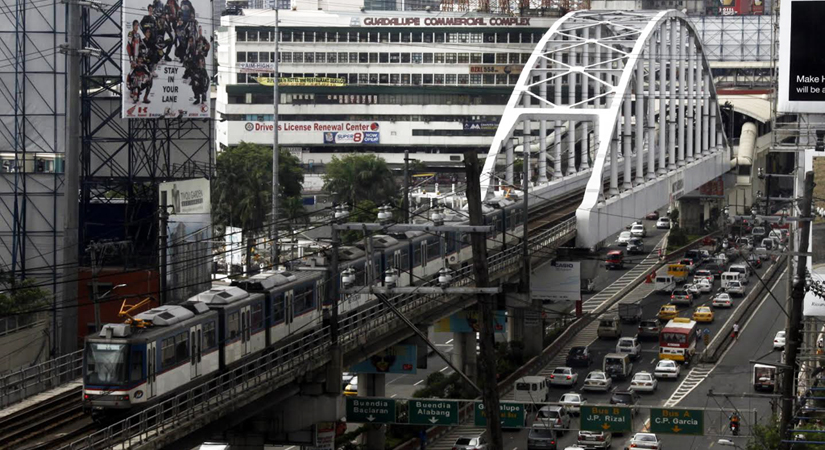By Denise A. Valdez, September 3 2019; Business World
https://www.bworldonline.com/govt-faces-higher-cost-for-mrt-3-om-with-use-of-china-made-trains/
Image Credit to Business World
THE GOVERNMENT may have to pay a higher price for the operation and maintenance (O&M) of the Metro Rail Transit Line 3 (MRT-3) by Japanese contractors to accommodate the use of China-manufactured train sets.
Transportation Secretary Arthur P. Tugade told reporters last week that the P16.985-billion contract that the Philippines and Japan signed to rehabilitate the MRT-3 will have to be adjusted to deploy the additional trains from CRRC Dalian Company Ltd.
Mr. Tugade said the 48 MRT-3 trains bought during the previous administration CRRC Dalian were not included in the original coverage of the agreement signed with the Japanese contractors.
“Pag dinagdag mo ’yung mga tren na ime-maintain nila at io-operate, may karagdagang cost ’yan [If you add more trains for them to maintain and operate, that will have a corresponding additional cost],” he said.
The governments of the Philippines and Japan signed last year the 43-month contract for the operation and maintenance of the MRT-3.
The indicative cost of the project was P16.985 billion, payable in 40 years with a 12-year grace period.
OPERATIONAL BY JULY 2021
The Department of Transportation (DoTr) officially turned over the operation and maintenance of EDSA’s railway to Sumitomo Corp. and Mitsubishi Heavy Industries Ltd. (Sumitomo-MHI) in May, which now handle the MRT-3 together with TES Philippines, Inc.
The MRT-3 currently has 72 train cars, which are the only ones the Japanese contractors were supposed to operate and maintain based on the rehabilitation agreement. Adding the 48 Dalian trains would increase this fleet by 67% to 120 train cars, hence the corresponding adjustment in cost.
He would not give an estimate on the cost increase.
Discussions are ongoing between the DoTr and Sumitomo on the progressive rollout of Dalian trains. One Dalian train is scheduled to be deployed this month after the contractors agreed that it was ready for use during off-peak hours.
The China-made trains have not yet been rolled out also due to the capacity of the MRT-3’s tracks to handle more trains. The government has already ordered new MRT-3 rails, which arrived in July, to address this problem.
“Hindi naman pwedeng patakbuhin mo kaagad ura-urada yan. Una, testing-in mo kung ano ’yung na-deliver. Pangalawa, kung na-deliver lahat, testing-in mo kung kakayanin nung existing riles. So marami pang consideration ’yan [You cannot just deploy the trains. You first have to test the trains that were delivered, then test if they can be accommodated by the existing rails. So there are plenty of considerations],” Mr. Tugade said.
Sumitomo-MHI is scheduled to complete its rehabilitation of the MRT-3 by July 2021, after which the train line is expected to increase its daily ridership to 650,000 from 320,000 currently. — Denise A. Valdez


